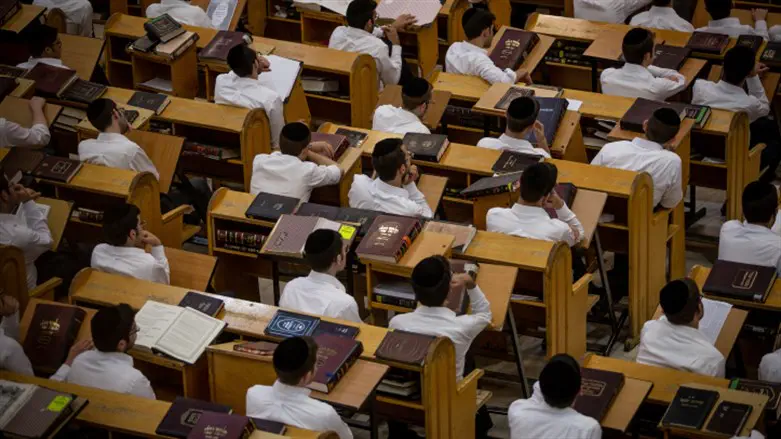
The Albany Supreme Court on Thursday ruled that important parts of the recently enacted substantial equivalency regulations exceeded the State Education Department’s (SED) authority, Hamodia reported.
According to the report, Judge Christine Ryba struck from the regulations the provisions that imposed penalties on parents and yeshivas if SED determined that the school was not substantially equivalent.
Specifically, Justice Ryba ruled that the State Education Department does not have the authority to direct parents to enroll their children in a different school and does not have the power to withhold funds from a yeshiva or order its closure.
The lawsuit was brought by PEARLS, Torah Umesorah, the Agudah and several yeshivas, and challenged regulations passed by the state Board of Regents in September 2022, which require all private schools in the state to prove they are providing a secular education “at least substantially equivalent” to that offered in public schools.
The regulations state that a school which does not comply with the regulations could have its curriculum reviewed and approved by the LSA (the local school authority, defined as the schools chancellor in New York City and the local school board elsewhere).
The lawsuit argued that the regulations impermissibly targeted yeshivas, and imposed on them requirements that were more burdensome than those that other schools must satisfy. The petitioners challenged the English language requirement of the new regulations, and its provision authorizing school board reviews of teachers. They also argued that the adoption of the new regulations violated the State Administrative Procedure Act, according to Hamodia.
The court rejected the SAPA challenge, and upheld the curricular requirements of the new regulations, while leaving for another day an evaluation of constitutional claims that the new regulations were unfairly applied to yeshivas.
Significantly, though, the court found that the new regulations exceeded the State Education Department’s authority in the actions it authorized local school authorities to take if a yeshiva was found to not be substantially equivalent. The court therefore struck down the provision of the new regulations that states that if a nonpublic school receives an unfavorable determination on substantial equivalency “the nonpublic school shall no longer be deemed a school which provides compulsory education fulfilling the requirements of the Compulsory Education Law.”
Responding to the ruling, Rabbi Yisroel Reisman, Rosh Yeshiva of Torah Vodaas told Hamodia, “To us, the fact that the court said that New York State could not enforce the regulations against yeshivas is of major importance. It not only preserves the independence of our yeshivas, but also provides parents individually with pathways that won’t allow the State to penalize either parents or the yeshivas.”
In a statement following the ruling, PEARLS wrote, “We are gratified that the Court recognized that the State Education Department exceeded its authority in enacting regulations that threaten yeshivas and parents with draconian penalties. In striking those provisions of the regulations, the Court agreed with parents and non-public schools across New York State who opposed these regulations. The Court also preserved our ability to bring a constitutional challenge should any yeshiva be unfairly judged or burdened by the State’s application of the regulations.”
